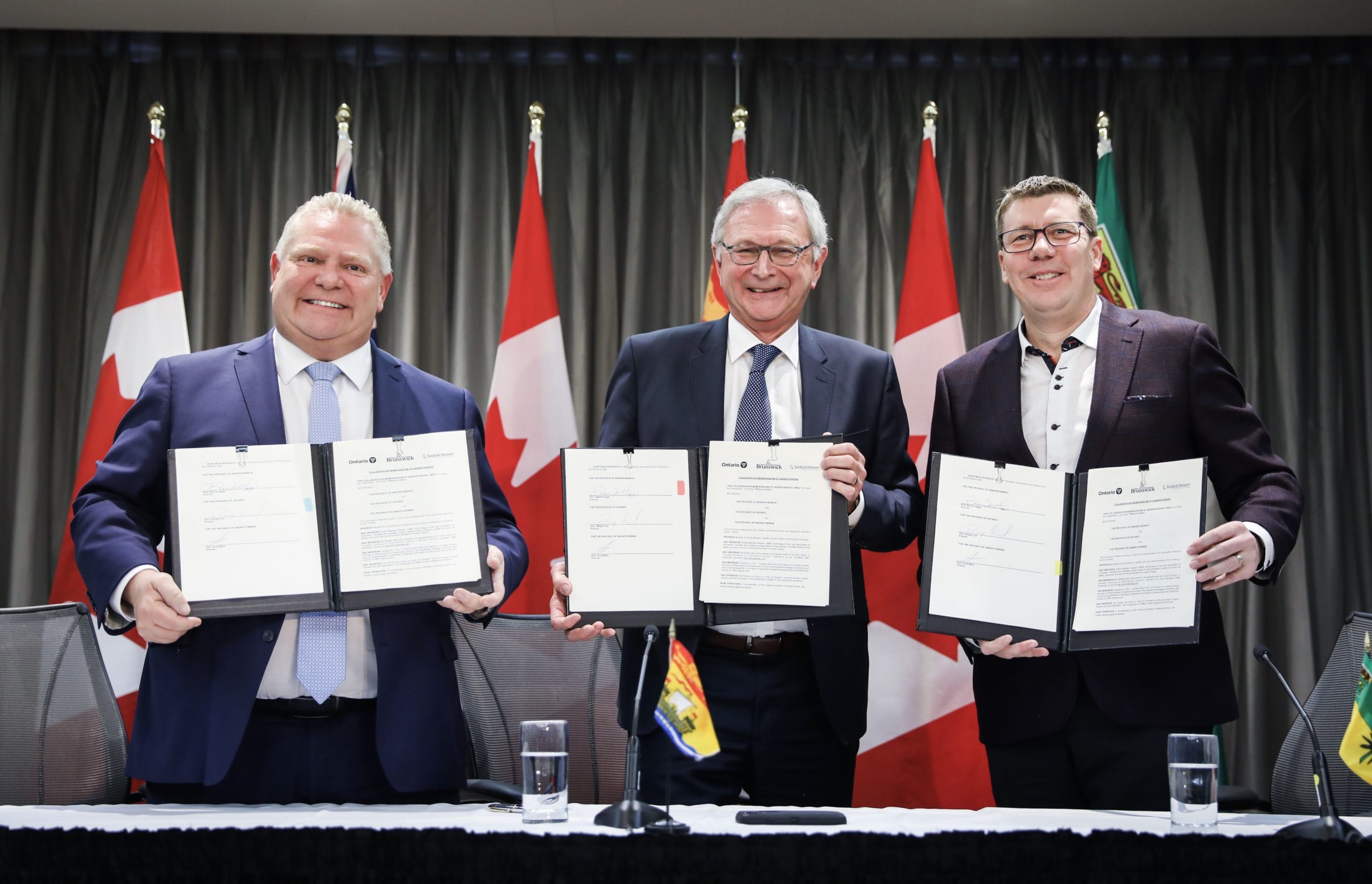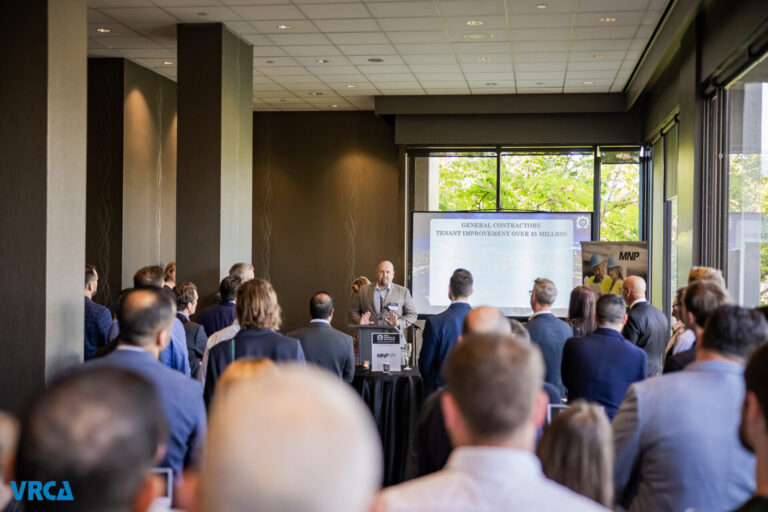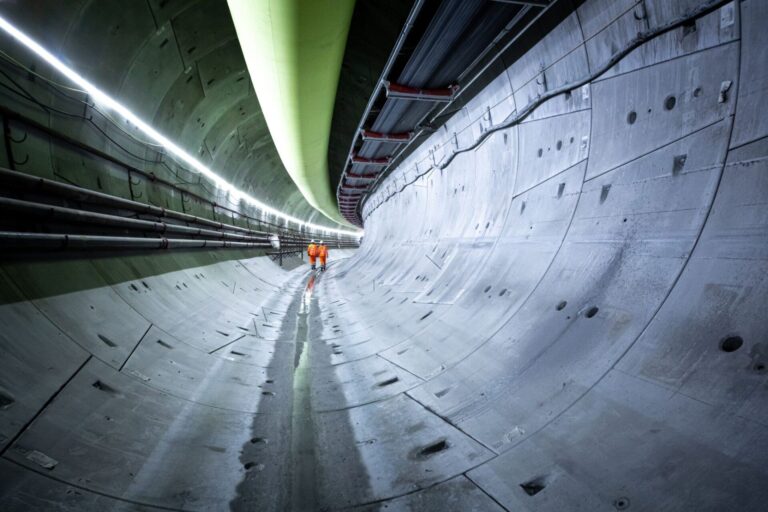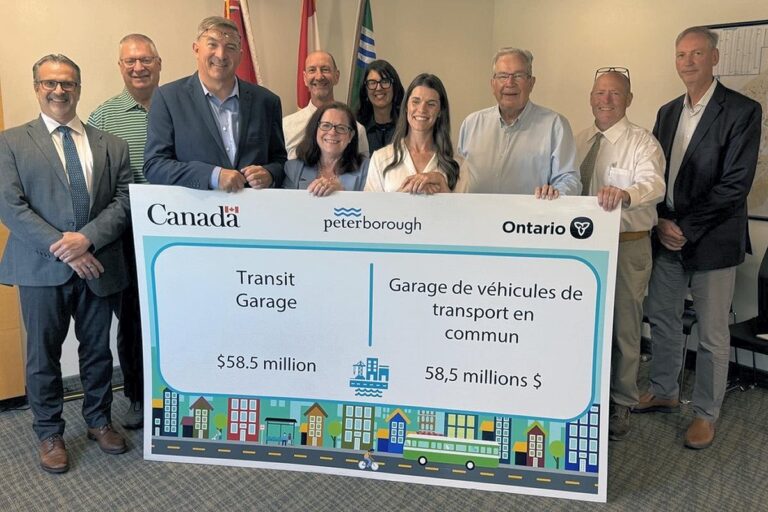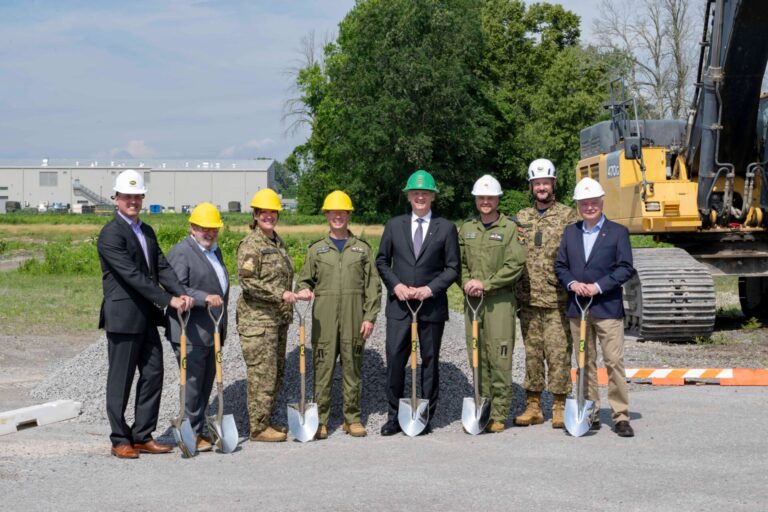Three provincial premiers are committing to the development of small modular nuclear reactors are part of the solution to reduce emissions.
Ontario Premier Doug Ford, New Brunswick Premier Blaine Higgs and Saskatchewan Premier Scott Moe released the following joint statement:
“Ontario, Saskatchewan and New Brunswick agreed today to work together to explore new, cutting-edge technology in nuclear power generation to provide carbon-free, affordable, reliable, and safe energy, while helping us unlock economic potential across Canada, including rural and remote regions.
We have signed a Memorandum of Understanding (MOU), committing to collaborate on the development and deployment of innovative, versatile, and scalable nuclear reactors, known as Small Modular Reactors (SMRs), right here in Canada.
SMRs could generate clean and low-cost energy for both on-grid and off-grid communities, connect more remote and rural areas of our province, and benefit energy-intensive industries, including the mining and manufacturing sectors. It could also drive economic growth and export opportunities as these technologies are further adopted across the country and around the world.
Our governments support a collaborative approach to reducing emissions and growing the economy in a way that meets the specific needs and economic priorities of each province. We look forward to continuing to work together on innovative energy solutions and creating the best business environment to attract jobs and growth in regions right across the country.”
The commitments made in the MOU are:
(a) To work co-operatively to advance the development and deployment of SMRs to address the needs of New Brunswick, Ontario and Saskatchewan with regards to addressing climate change, regional energy demand, economic development (e.g., supply chain, fuel manufacture, skilled employment and export opportunities) and research and innovation opportunities;
(b) To work co-operatively to address key issues for SMR deployment including technological readiness, regulatory frameworks, economics and financing, nuclear waste management and public and Indigenous engagement;
(c) To work co-operatively to positively influence the federal government to provide a clear unambiguous statement that nuclear energy is a clean technology and is required as part of the climate change solution;
(d) To work co-operatively to positively influence the federal government to provide support for SMRs identified in the Canadian SMR Roadmap and as requested by the Chief Executive Officers (CEOs) of Ontario Power Generation (OPG), Bruce Power, New Brunswick Power Corporation (NB Power) and SaskPower;
(e) To work co-operatively to positively influence the federal government to make changes as necessary to facilitate the introduction of SMRs;
(f) To work co-operatively to inform the public about the economic and environmental benefits of nuclear energy and SMRs; and
(g) To work co-operatively to engage with other interested provinces and territories to explore the potential for SMR deployment in their jurisdictions.

